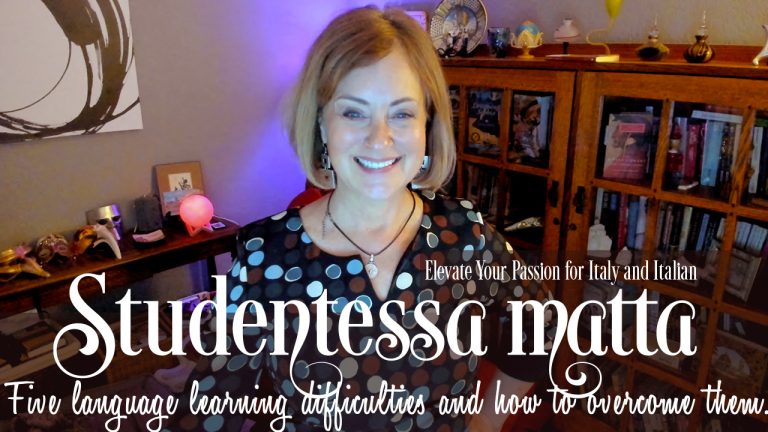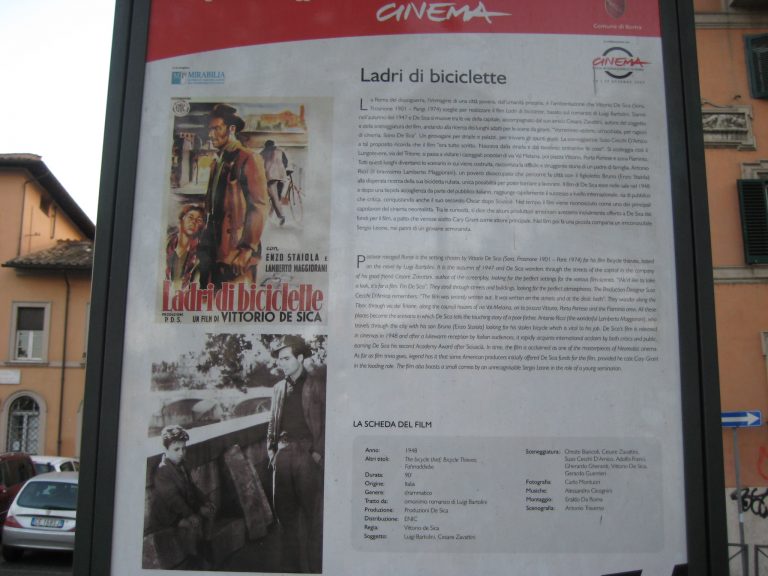
I verbi modali in italiano: potere, volere, dovere
Italian Modal Verbs: potere, volere, dovere (Ehi-oh-deh-ley!)
Cosa sono i verbi modali?
What are modal verbs?
I verbi modali sono verbi speciali che esprimono possibilità, capacità, volontà o necessità. In italiano, i principali verbi modali sono potere (potere, capacità, permesso), dovere (dovere, obbligo, necessità) e volere (volontà, desiderio). Questi verbi non stanno quasi mai da soli: sono sempre seguiti da un verbo all’infinito, formando una coppia inseparabile come un pastore alpino e il suo fedele capra!
Modal verbs are special verbs that express possibility, ability, willingness, or necessity. In Italian, the main modal verbs are potere (can, ability, permission), dovere (must, obligation, necessity), and volere (want, desire). These verbs almost never stand alone: they are always followed by an infinitive verb, forming an inseparable pair, like an Alpine shepherd and his faithful goat!

Jodelando con i verbi modali
Yodeling with Modal verbs
Immagina di trovarti sulle vette delle Dolomiti, respirando l’aria fresca di montagna. Per abbracciare appieno lo spirito dell’alpinista, ecco alcune frasi utili con i verbi modali—perfette per la tua prossima avventura alpina.
Imagine standing atop the peaks of the Dolomites, taking in the crisp mountain air. To fully embrace the spirit of a mountaineer, here are some useful sentences with modal verbs—perfect for your next alpine adventure.
Potere
Posso imparare a jodelare?
Can I learn to yodel?
Dovere
Devi salire più in alto per un’eco perfetta!
You must climb higher for the perfect echo!
VOLERE
Voglio chiamare le mie caprette con lo jodel!
I want to call my goats with a yodel!
I verbi modali: si coniugano loro, ma l’infinito resta!
Modal verbs: They conjugate, but the infinitive stays!
Quando un verbo modale si combina con un altro verbo, il secondo verbo rimane sempre all’infinito. I verbi modali, invece, si coniugano normalmente e cambiano in base al soggetto della frase.
When a modal verb combines with another verb, the second verb always stays in the infinitive. The modal verbs, however, conjugate normally and change according to the subject of the sentence.
POTERE – To be able to
Io
Tu
Lui/Lei
Noi
Voi
Loro
———>
———>
———>
———>
———>
———>
posso + infinitive second verb
puoi + infinitive second verb
può + infinitive second verb
possiamo + infinitive second verb
potete + infinitive second verb
possono + infinitive second verb
DOVERE – To have to
Io
Tu
Lui/Lei
Noi
Voi
Loro
———>
———>
———>
———>
———>
———>
devo + infinitive second verb
devi + infinitive second verb
deve + infinitive second verb
dobbiamo + infinitive second verb
dovete + infinitive second verb
devono + infinitive second verb
VOLERE – To want to
Io
Tu
Lui/Lei
Noi
Voi
Loro
———>
———>
———>
———>
———>
———>
voglio + infinitive second verb
vuoi + infinitive second verb
vuole + infinitive second verb
vogliamo + infinitive second verb
volete + infinitive second verb
vogliono + infinitive second verb
Trucco di grammatica intelligente: la scorciatoia dei verbi modali!
Smart Grammar Hack: The Modal Verb Shortcut!
Ora che conosci i verbi modali—e che solo il verbo modale si coniuga—ecco un trucco geniale! Se mai dimentichi come coniugare un verbo, basta inserire un verbo modale prima e bam! Problema risolto. Devi solo ricordarti come coniugare potere, dovere e volere, e potrai costruire la tua frase con facilità, mantenendo viva la conversazione. Questo trucco è particolarmente utile per verbi complicati come mungere (mungere il latte)!
Now that you know about modal verbs—and that only the modal verb gets conjugated—here’s a clever trick! If you ever forget how to conjugate a verb, just slip in a modal verb before it, and bam! Problem solved. You only need to remember how to conjugate potere, dovere, and volere, and you can cruise through your sentence effortlessly, keeping the conversation flowing.

Mungere (to milk)
MUNGO la capra senza prendermi un calcio.
I milk a goat without getting kicked in the pants!
Using the Modal verb VOLERE you avoid conjugating “mungere” and keep
your focus on the real challenge—dodging that well-aimed goat kick!
VOGLIO MUNGERE una capra senza prendermi un calcio nei pantaloni!
I WANT to milk a goat without getting kicked in the pants!

Accorgersi (to realize, notice)
MI ACCORGO che la mia capra è scappata giù per la montagna!
I realize that my goat has run down the mountain!
Using the Modal verb DOVERE you avoid conjugating the reflexive verb
“accorgersi” and keep your mountain rescue mission smooth!
DEVO ACCORGERMI subito se la mia capra scappa giù per la montagna!
I MUST realize quickly if my goat runs down the mountain!

Sgattaiolare (to sneak, slip away quietly)
Sgattaiolo fuori dalla baita per praticare lo jodel senza svegliare i capri.
I sneak out of the cabin to practice yodeling without waking the goats.
Using the Modal verb POTERE you sidestep conjugating “sgattaiolare”
while keeping the focus on your secret yodeling session!
POSSO sgattaiolare fuori dalla baita per praticare
lo jodel senza svegliare i capri.
I CAN sneak out of the cabin to practice yodeling without waking the goats.

I verbi modali ti fanno venire voglia di jodelare tutto il giorno!
Modal verbs make you want to yodel your day away!
I verbi modali italiani sono estremamente utili e versatili. Una volta imparati, puoi esprimere possibilità, necessità e desideri con facilità… persino in cima a una montagna con un branco di capre! Quindi, cosa aspetti?
Italian modal verbs are extremely useful and versatile. Once you master them, you can express possibilities, necessities, and desires with ease… even on top of a mountain with a bunch of goats! So, what are you waiting for?
Devi provare a jodelare adesso!
You must try yodeling now!

Jodeliamo e impariamo l’italiano con Melissa!
Let’s yodel and learn italian with Melissa!
Take a look at the Studentessa Language Immersion Programs and the
Italian Homestay Language Immersion Vacations offered through the site.










